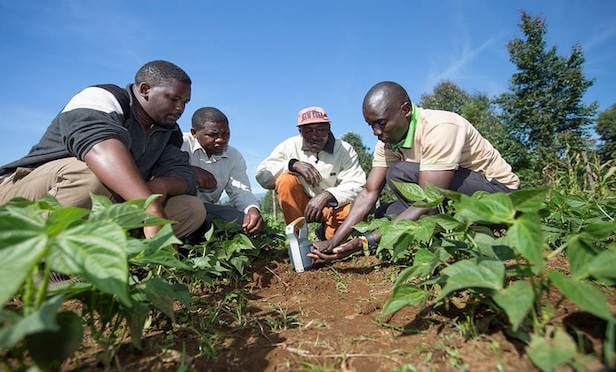 The insurance service provides satellite-based drought index insurance to protect these smallholders and aid in increasing sustainable food production. (Photo: Agroberichten Buitenland)
The insurance service provides satellite-based drought index insurance to protect these smallholders and aid in increasing sustainable food production. (Photo: Agroberichten Buitenland)
In Uganda, farmers face increasing exposure to risks associated with changing weather patterns, suffering from severe drought and the effects of climate change. As a result, farmers' crops are often destroyed in these poor conditions with no insurance to help recover the cost, sending many African farmers into a vicious cycle of poverty while also creating a devastating food shortage.
Recommended For You
Want to continue reading?
Become a Free PropertyCasualty360 Digital Reader
Your access to unlimited PropertyCasualty360 content isn’t changing.
Once you are an ALM digital member, you’ll receive:
- Breaking insurance news and analysis, on-site and via our newsletters and custom alerts
- Weekly Insurance Speak podcast featuring exclusive interviews with industry leaders
- Educational webcasts, white papers, and ebooks from industry thought leaders
- Critical converage of the employee benefits and financial advisory markets on our other ALM sites, BenefitsPRO and ThinkAdvisor
Already have an account? Sign In Now
© Touchpoint Markets, All Rights Reserved. Request academic re-use from www.copyright.com. All other uses, submit a request to [email protected]. For more inforrmation visit Asset & Logo Licensing.







